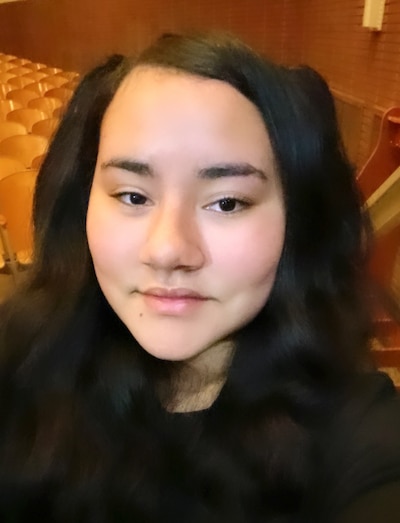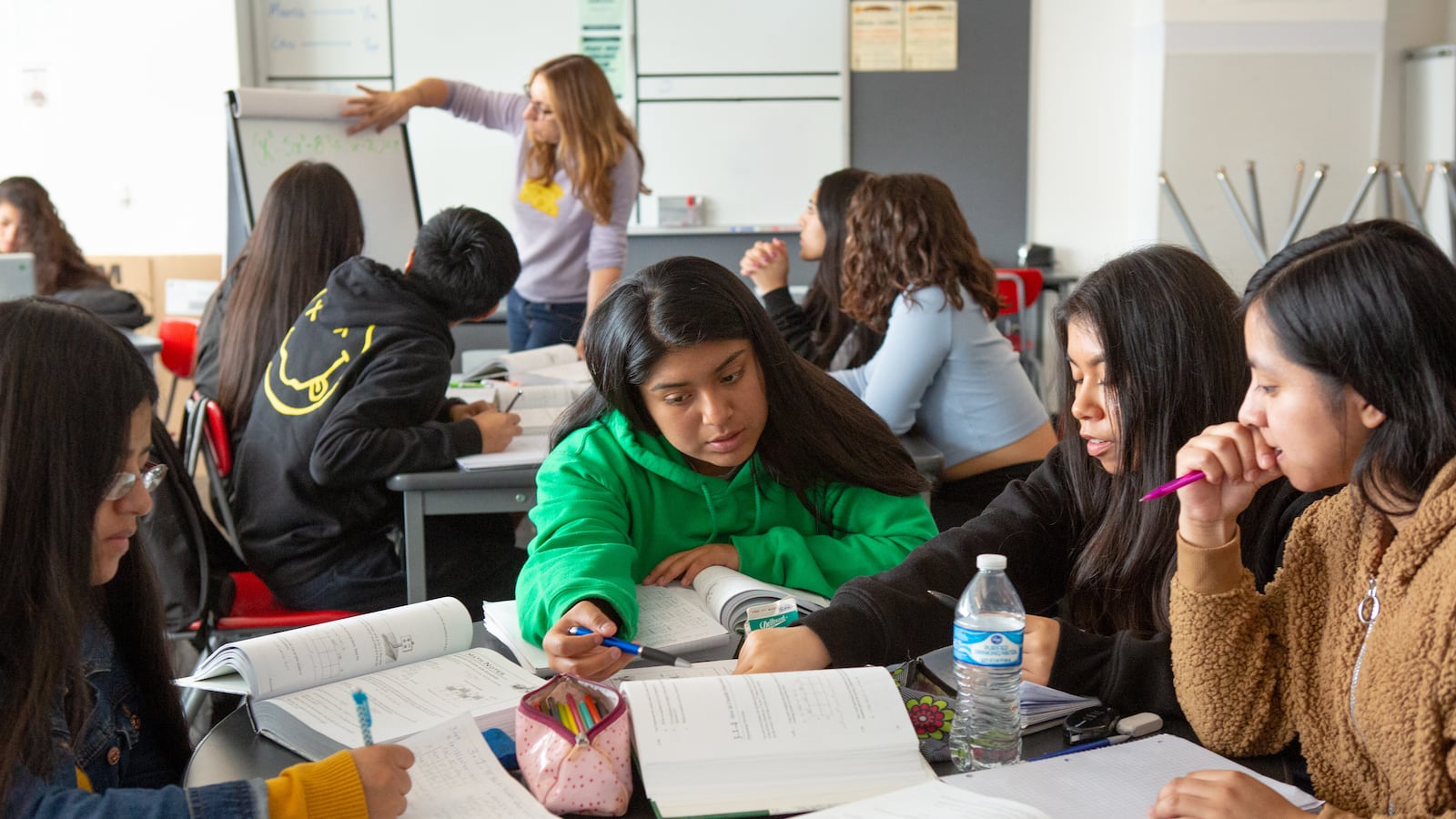It was the start of 11th grade. The first quarter was approaching an end, and I was finishing up the first big essay of the year. A sense of hope, accomplishment, and confidence completely overwhelmed me.
That entire week, I was glowing and radiating optimism. I felt a lot different than the stereotypical teenager in school who just wants to get out of their version of “prison” every day. The most amazing thing was how different I felt from just a year earlier.

In 10th grade, school was completely virtual. Trying to transition to a new type of learning in my home environment, where I do everything else, sapped my stamina. I failed multiple classes for the first time; I was at my lowest point academically and mentally.
I found myself doing a complete 180, though, as I started 11th grade. While being back inside the school building played a part, it was my school’s early college program that refreshed me entirely. Captivating classes such as Public Argument and Advocacy, Reading the Victorian Novel, Midwest Regionalism, and Latin American Film made school a million times more enjoyable than it was before.
I am 16 years old, and I go to Bard High School Early College in Cleveland. Bard is a public high school that allows students to participate in an early college program. At my high school, students spend the ninth and 10th grades using a normal high school curriculum. Then, for 11th and 12th grade, the regular high school classes stop and college classes begin. Students like me begin earning credits toward an associate degree.
I am on track to earn my associate degree alongside my high school diploma in 2023.
Preconceived ideas about high schoolers who take college classes lead many to assume that I am spending twice as much time in school, traveling to a college campus every night, or even paying to get this education, but none of that is true. Bard is a free and public opportunity where college and high school classes are taken under the same roof. Life looks a lot like it does in a normal high school.
I just finished 11th grade, and it has been one of the most successful years of my life. I have pushed myself to do my absolute best, gaining many opportunities and lots of confidence in the process. My writing, reading, and speaking skills have grown exponentially.
I’ve left behind the crushing weight of feeling like a failure. I have now earned 26 out of the 60 credits I need. I am on track to earn my associate degree alongside my high school diploma in 2023. Afterward, I’d like to continue with college and study politics.
If someone were to judge me by looking at my 10th grade year, they would receive a terribly inaccurate picture. Most people and schools would shrug me off as a kid who just “didn’t care.” Underneath that, I was someone who was lost, no matter if people understood that or not.
What helped me get back on track were classes that were specific, interesting, and different from the ones in a typical high school lineup. My message to others: Don’t think of an early college as a place only for kids who are “smart enough” or “privileged enough,” but rather a path that can benefit all of us.
Yuleisy Aguirre De Jesus is a rising senior at Bard High School Early College in Cleveland.


